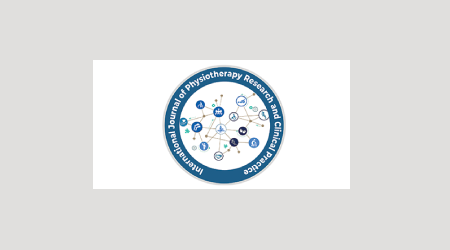


International Journal of Physiotherapy Research and Clinical Practice
Year: 2024, Volume: 3, Issue: 2, Pages: 1-9
Original Article
Emily Moraa Nyanumba ✉ 1 , Joseph Mwangi Matheri 2 , Nassib Tawa 3 , Patrick Muirigi Mburugu 4
Validation is a requirement in all newly devised measures and so is the case in cross-culturally adapted tools to ensure validity and reliability. Of more importance, validation enable comparisons of results of the diverse cultures that promote exchange of clinical information within the international scientific community. Our study aimed to evaluate the validity and reliability of the Swahili version of the stroke-specific quality of life (SSQOL) scale among people with stroke in Kenya. We used a cross-sectional study design. A total of 126 participants were drawn from 9 selected hospitals within Nairobi Metropolis. Quantitative data were collected using both English and Swahili versions of the SSQOL scale. Mean and psychometric properties were analyzed using descriptive statistic, spearman’s rank correlation, Chronbach’s and Intraclass coefficient’s tests respectively. The overall mean score of the Swahili version (92.14±28.89) did not differ from English version (90.17±25.53). Same construct between the SSQOL Swahili and English version was demonstrated in ten out of 12 domains. There was a significant correlation in upper extremity function and weaker correlation in most of the domains (r=0.007-1.00), p<0.01). Discriminant validity was satisfactory to excellent (r = > 0.7 - > 0.93) Test re-test reliability was excellent (ICC =0.93). Internal consistency was good (Chronbach’s α=0.84). The Swahili SSQOL scale is reliable to the Swahili-speaking population and demonstrated evidence of same construct as the original SSQOL English version. The Swahili SSQOL scale is feasible for use in clinical settings and research among the Swahili-speaking stroke population.
Keywords
Validation, Swahili, Stroke-Specific Quality of Life Scale
© 2024 Published by Krupanidhi College of Physiotherapy. This is an open-access article under the CC BY license (https://creativecommons.org/licenses/by/4.0/)
Subscribe now for latest articles and news.